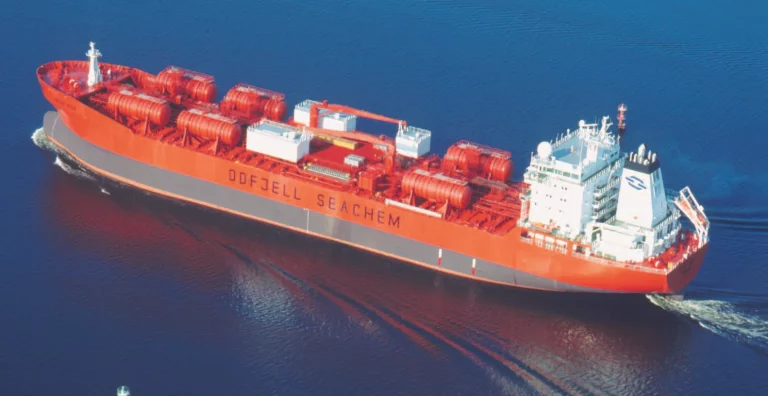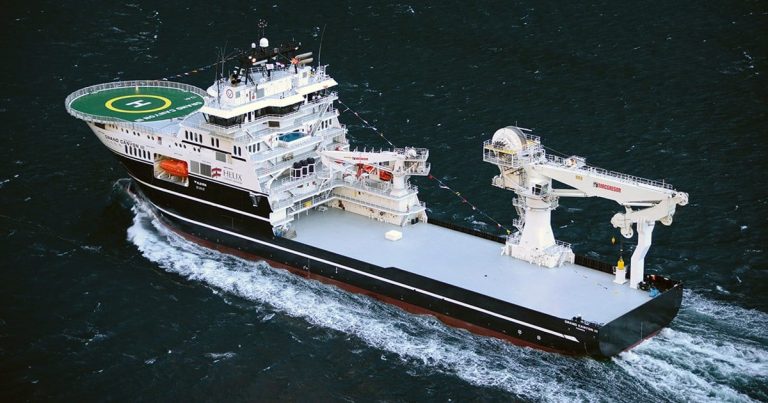
Bulk Ships
Bulk carriers are specialized cargo ships designed to transport large quantities of unpackaged bulk commodities, such as coal, iron ore, grain, and bauxite.1 These vessels play a vital role in the global economy, facilitating the efficient movement of raw materials and agricultural products.2
Types of Bulk Carriers
- Capesize Bulk Carriers:
- The largest type of bulk carrier, capable of carrying massive amounts of cargo.
- Often limited by the size of canals like the Suez Canal and Panama Canal.
- Panamax Bulk Carriers:
- Designed to transit the Panama Canal.3
- Smaller than Capesize vessels but still capable of carrying substantial cargo.
- Handysize Bulk Carriers:
- Smaller and more versatile, capable of accessing a wider range of ports.4
- Often used for shorter-haul trades and transporting smaller cargo quantities.
- Handymax Bulk Carriers:
- A category between Handysize and Panamax, offering a balance of size and flexibility.
Key Features of Bulk Carriers
- Large Cargo Holds: Spacious holds designed to accommodate bulk cargo.5
- Self-Unloading Systems: Advanced systems for efficient cargo discharge.6
- Strong Hull Structure: Built to withstand the weight and stress of heavy cargo.7
- Ballast Systems: Used to maintain stability and adjust the ship’s draft.8
- Specialized Equipment: Equipment for handling specific types of bulk cargo, such as grain elevators and conveyor belts.
Challenges Faced by Bulk Carriers
- Market Volatility: Fluctuations in commodity prices and shipping rates can impact the profitability of bulk carriers.9
- Weather Conditions: Adverse weather conditions can delay voyages and increase operational costs.10
- Port Congestion: Port congestion can lead to longer waiting times and higher costs.11
- Environmental Regulations: Stricter environmental regulations can impact the operations of bulk carriers.12
The Future of Bulk Carriers
The future of bulk carriers is closely linked to the global economy and the demand for commodities.13 As global trade continues to grow, the demand for efficient and reliable bulk carriers will remain strong. To meet the challenges of the future, the industry is focusing on technological advancements, such as digitalization, automation, and cleaner fuels.14
In conclusion, bulk carriers are essential to the global supply chain, enabling the efficient transportation of vital commodities.15 By understanding the challenges and opportunities facing this industry, we can appreciate the crucial role these vessels play in our modern world.
Would you like to know more about a specific type of bulk carrier or the challenges faced by the shipping industry?



